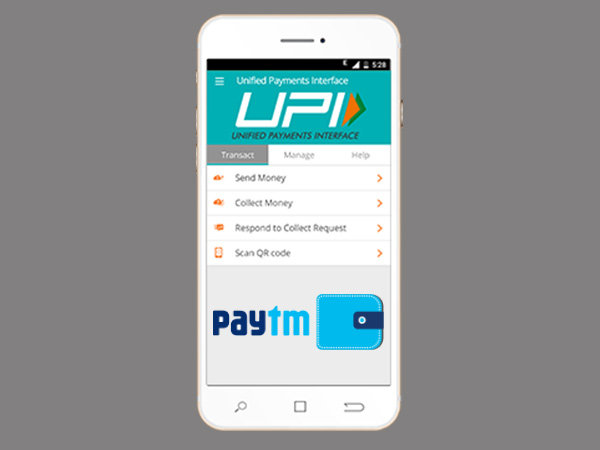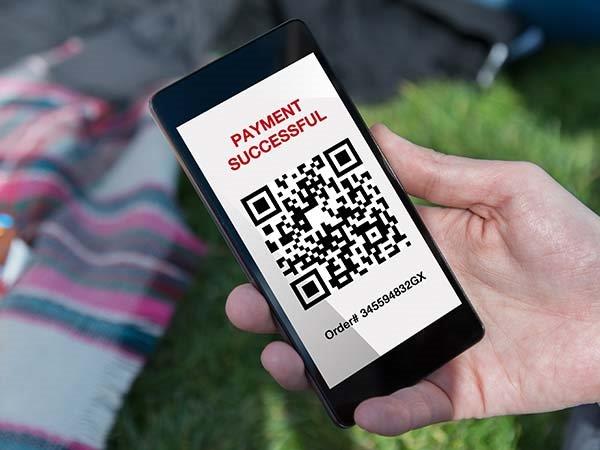UPI Or IMPS For An Online Transaction: What Should You Opt?
The history of financial transaction dates back to times when individuals making fund transfer had no other option but to visit a bank branch and fill up the requisite form to execute the transaction. But ever since then times have now changed to bring to us a lot more means through the digital or online landscape. There are so many interfaces available today including the likes of UPI, IMPS, Bharat QR, Credit Card, Wallet, Debit Card, NEFT, RTGS that such money transfer or other financial transactions can be done in a nick of time.
Now even as you may many a time for random transactions going in for the usual IMPS transaction and may not be versed with the usage of UPI. Here we suggest how UPI or Unified Payments Interface scores over other payment modes:

IMPS or UPI: Which one and Why?
UPI was introduced in 2016 by the government and is an NPCI initiative similar to IMPS and both of the platforms facilitate instant transactions that can be executed round the clock i.e. 24x7. Nonetheless, here are a few parameters based on which UPI pans out as a better alternative.

UPI transactions more economical:
A fund transfer or any merchant payment can be meted through UPI at probably as low a cost as 50 paise while in case of IMPS charges are on a higher side. For amounts up to Rs. 1000, SBI charges no IMPS fee but for higher transaction amount from Rs. 1000 to Rs. 10,000, the lender charges Rs. 2 plus applicable GST while for transactions valued between 1,00,001 to Rs 2 lakh, it levies Rs. 10 plus GST. So, UPI is a cheaper mode to engage in for retail users.

UPI transaction is hassle-free and does not require many details:
While in case of an IMPS transaction, the user has a detailed procedure to go about such as entering the amount, payee as well as CVV given on the debit card, OTP etc., a UPI transaction, however, requires you to select the payee, provide the amount and MPIN. In case of merchant transfer, you need to provide your UPI VPA and you need to approve the amount being displayed on your phone.

Rapid :
In case of IMPS, a beneficiary has to be first registered and which after due verification by your activation can be transacted in within an hour or so. But in case of UPI, though there is a similar registration process, it does away with the waiting time as that is there in the IMPS mode.

Secured than IMPS transaction:
In case of IMPS, all essential bank details such as account number, IFSC Code, name, branch and mobile phone are to be given whereas in case of UPI all that is needed is VPA.

Third-party money collection:
UPI also has this unique functionality by way of which it provides collecting money facility. This means if you have lent money to someone, you may notify the payer. And if he or she approves the same, the amount can be remitted instantly.
































